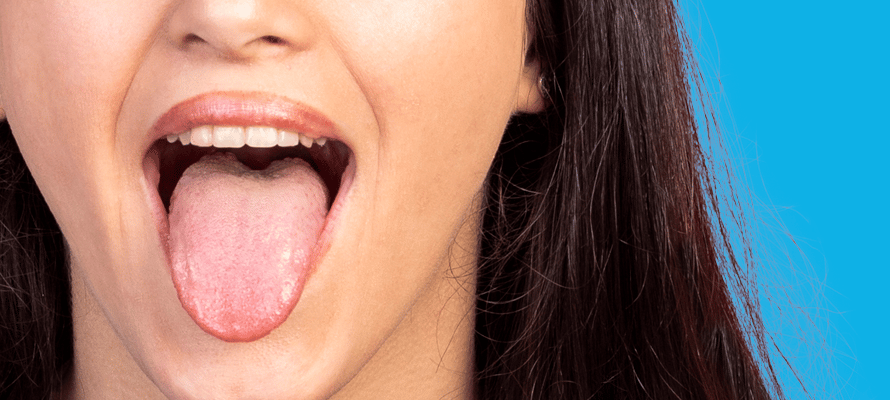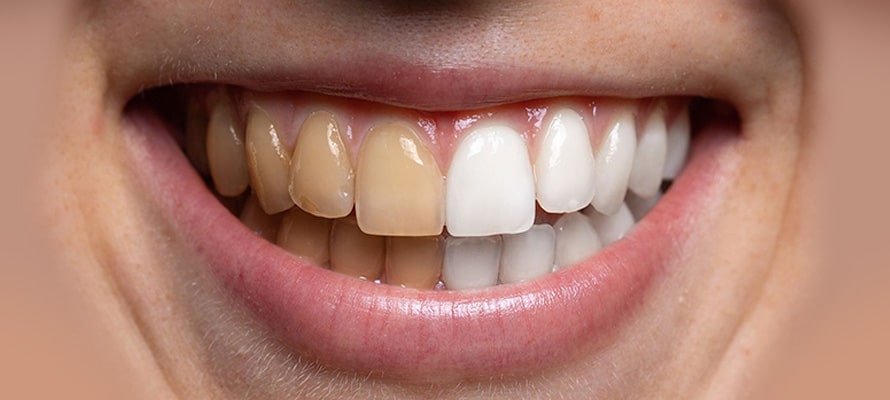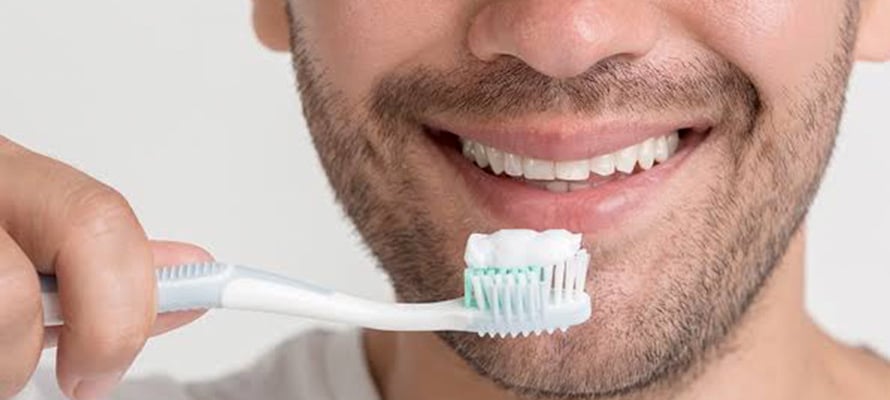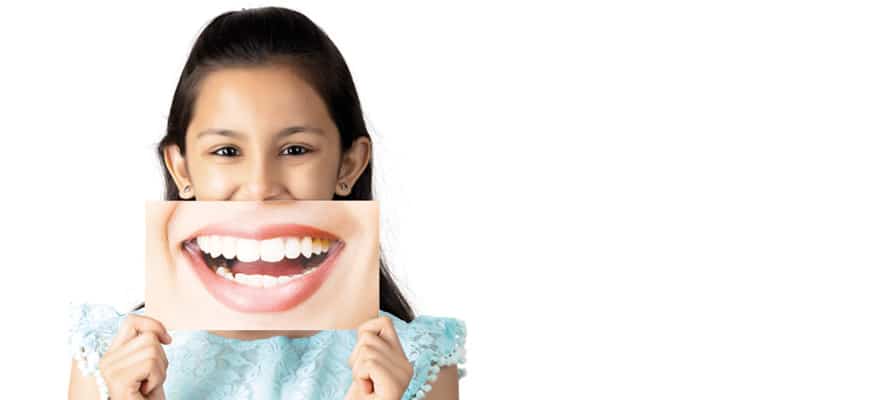What Your Tongue Can Tell You About Your Oral Health
Open Your Mouth and Say “Ah”
You check your hair and face in the mirror daily, but how frequently do you check your tongue? The next time you brush your pearly whites, inspect your tongue’s color and shape. It can provide you with clues about your health and well-being.
The tongue is linked to many vital organs in the body. As a result, infections, stress, aging, and even medication issues can make their mark on your tongue. A healthy tongue is typically pink and covered with tiny bumps. However, if you find a change in color, shape, size, or texture, you may need to pay closer attention. Do you know that one not-so-common symptom of COVID-19 is the “COVID tongue?” People with COVID tongue have experienced bumps, swelling, and inflammation of the tongue. Some also reported a loss of taste and a burning sensation in their mouth.
Learn what messages your body is sending you by observing what shows up on your tongue.
Dehydration
One of the first signs of dehydration is usually a dry tongue and mouth. A thick white-coated tongue may mean that your body is producing less saliva to conserve whatever little fluid it has. Sometimes, dryness and white coating could be a side effect of medication. A very thin tongue may also indicate dehydration. Whichever the case, it’s essential to always keep your body hydrated.
Sores or Bumps
Bumps on your tongue are likely canker sores or cold sores. These can be caused by many things including smoking and stress ulcers. You may also be biting your tongue as a reaction to stress. Read these signs early and reduce your stress levels, try at-home remedies like gargling warm salt water and eating food that is soft and cold. These sores normally heal on their own within a week or two.
Poor Oral Hygiene
A yellow appearance or a tongue that feels fuzzy may mean a buildup of bacteria. This could develop from poor oral hygiene, alcohol or coffee use, or dry mouth. Another indication of poor oral hygiene is a black and hairy tongue. This could also be a result of diabetes or heavy tobacco use. By simply practicing excellent oral care by regularly brushing both your teeth and tongue and flossing, and cutting down on tobacco, you can get your tongue back to its healthy pink color.
Vitamin and Nutrient Deficiencies
An overly red or shiny-looking tongue may signal iron or vitamin B deficiencies, particularly B12 and folic acid. If you address your diet to include more food containing these nutrients or take a supplement, your tongue should return back to its normal appearance. Iron and B vitamins also play a role in maintaining healthy teeth and gums.
Oral Infections
Creamy white patches on your tongue could indicate a yeast infection, also known as oral thrush. It’s more common in babies, older patients, and people with diabetes. White, lace-like patches and open sores on your tongue may indicate that you have oral lichen planus, which means that your immune system is attacking the tissues in your mouth. If these white patches persist, see a doctor as you may require antibiotic treatments to make them go away.
Go Ahead and Stick Out Your Tongue
Don’t just focus on having healthy teeth, get in the habit and brush your tongue daily too. Most bumps, patches, and spots on your tongue are harmless and go away on their own as long as you practice good oral hygiene and do certain things to rebalance your health. However, if they don’t go away within two weeks, it’s best to seek medical attention.
If you’re wondering whether your tongue is healthy or not, get a complete oral health examination at Risio by scheduling an appointment online at risio.in.








